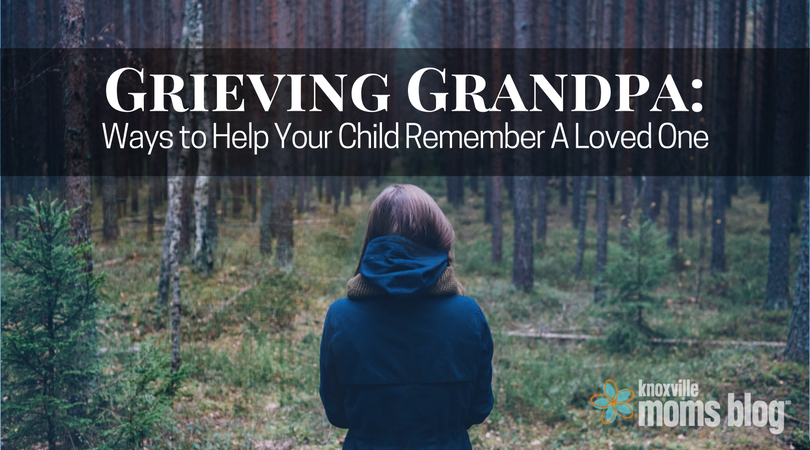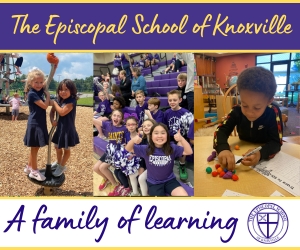Out of the blue one evening recently, my eight-year-old daughter walked down the stairs and into the living room, clutching her bear and brimming with tears. My husband and I were curious as to why she was still awake and emotional at that.
“I miss PoPo,” she said. PoPo is what my children used to call their grandfather, my dad. Sometimes a visit with Nana is all my children need to spark the memories.
She held onto the bear even tighter, a stuffed animal made with my dad’s old work uniforms and special t-shirts. It is the most precious stuffed animal she owns. It is a memory of her grandfather, a man she adored and sadly only had three-and-a-half years with on this Earth. Though she was young, she formed a strong bond with her PoPo. So did her brother.

Sometimes I forget that my children also went through a grieving process when their grandfather died.
According to the American Academy of Child and Adolescent Psychiatry, children younger than five tend to think of death as “temporary and reversible.” Children older than five tend to think about death like adults do, although they still don’t think that they could die or anyone they are connected to could pass away.
Although grieving the loss of a loved one gets easier over time (it was five years ago this month when my dad passed away), there is still a hole…a void. Never are those holes more evident than on special days throughout the year.
So how can we help children keep the memories alive as we are creating new ones without that loved one?

Day of Passing
A great idea on this particular day is to visit the graveside, if possible, and let go of a balloon. Other ideas could include looking through photos or watching old videos. My sister-in-law created a simple photo book (seen below) for my children and gave it to them the first Christmas we celebrated without my dad. It’s always fun to flip back through it.

Birthday
Each year on my dad’s birthday we either make or buy a birthday cake for him. Our kids love this because it’s essentially a birthday party, and who doesn’t love cake and ice cream? Another idea might be to think about what that person liked to do and participate in that very thing. This past year on my dad’s birthday, my family bought flowers and mulch and did some simple landscaping and enhanced our flowerbeds. My dad was always working out in the yard. It was his happy place.

Thanksgiving
At Thanksgiving dinner, have each family member, including your child(ren), share a special memory about the loved one. You can also share why you are thankful you had time with that person on Earth.

Christmas
This is a great holiday to decorate the graveside if there is one. If you involve your child, explain it to them like they are decorating a Christmas tree. Your child can go to the store with you to choose items to decorate with or even make some decorations. If your loved one was cremated, you could visit the site where the ashes were spread. If you still have the ashes, think about simply hanging a different ornament in honor of that person each year or hanging the same one as a memory.
Please note that because of the heavy subject matter of death, any of the above activities can spark emotions. Be prepared to have conversations and answer questions that your children might have. Create a safe space for them to process through their emotions…or even yours. Just as adults can go through five stages of grief, so can children. This chart divides up what your child might be experiencing by age. I found it to be very helpful.




















